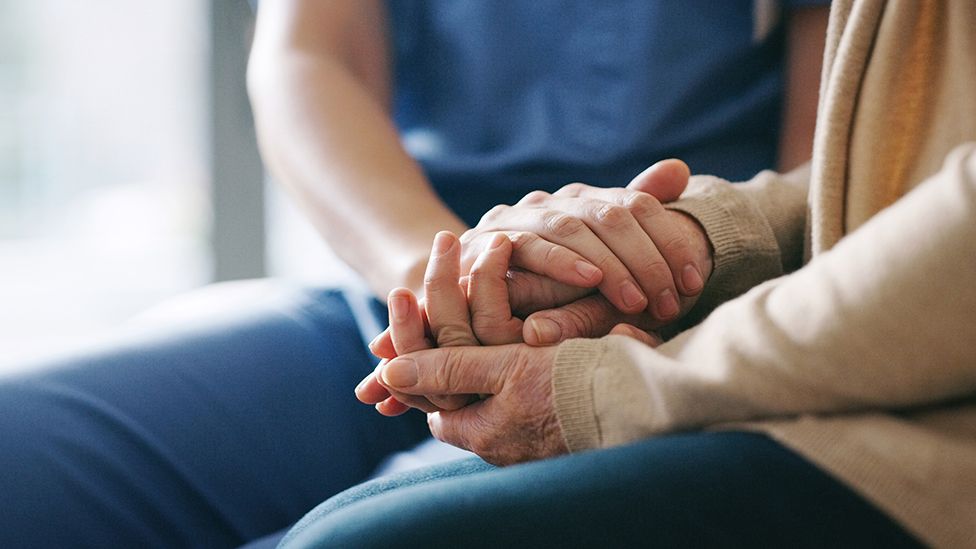It was the philosopher Plato who remarked “Just as it would be madness to settle on medical treatment for the body of a person by taking an opinion poll of the neighbours, so it is irrational to prescribe for the body politic by polling the opinions of the people at large”. It was of course one of Plato’s contemporaries, Hippocrates, who wrote the famous pledge that bears his name, which until recently was a cornerstone of Western medical ethics, forbidding doctors from killing their patients.
The Hippocratic Oath included the promise “Neither will I administer a poison to anybody when asked to do so, nor will I suggest such a course”.
And yet, the House of Keys on the Isle of Man will shortly debate a Bill that would allow euthanasia. In its support for the Bill, the group Dignity in Dying, despite claiming to oppose euthanasia, which the Bill would introduce, commissioned a poll that has been used to argue in favour of the Bill. Plato would be turning in his grave: an opinion poll of “neighbours” being used to justify granting medical professionals permission to end the lives of vulnerable people who may fear being a burden to their family – a fear cited by over a third of those who are euthanised in Canada.
Today the “body politic” will need to make up its own mind. It must consider – the inevitable risks to the vulnerable (people with suicidal thoughts, the elderly and the disabled), the ‘slippery slope’ that has led to the expansion in euthanasia numbers and eligibility in other jurisdictions, the changes to the doctor-patient relationship euthanasia creates and the use of death row drugs on the Island.
However, one factor the Tynwald ought not to be swayed by is the poll. Even on its own terms, it is hardly a ringing endorsement. In a recent Manx Radio interview, the Managing Director of Island Global Research (IGR), commissioned to produce the poll, remarkably claimed not to know how her new poll compared with a previous one on the same subject two years earlier. The answer is that support for “assistance in death” has dropped by a whopping 21% from 87% to 66% in just two years, as islanders have received more information about the risks involved – and this from a poll where the key question was worded in a way to exaggerate support.
IGR’s question asked “Do you support or oppose the law changing in the Isle of Man to allow mentally competent, terminally ill, adult residents the option of seeking assistance in their death?” However, the question is deliberately obscure: “assistance in death” could easily be understood as the withdrawal of treatment, something that is completely different from euthanasia and is already legal on the Isle of Man.
After 65% of voters in New Zealand voted to allow assisted suicide in a referendum in 2020, subsequent polling suggested that 80% thought they were voting for it to be legal to turn off life support machines in certain circumstances. The wording of the IGR poll is likely to have been similarly misunderstood, perhaps intentionally so. We ought therefore to take its findings with a pinch of salt.
There are other problems. IRG have not published full data tables, while admitting there was evidence of “self-selection bias” and that “incomplete” and “suspicious” answers were removed. A good-quality poll does not need to weed out certain answers, a process that opens the door to deliberate manipulation of results. Nor is it clear why “incomplete” responses were removed – often people choose to answer certain questions but not others.
If Tynwald wishes to concern itself with popular views, there are more helpful places it could look than Dignity in Dying, which has a track record of controversial polling with two experts from the Institute for Social and Economic Research at Essex University describing previous polling it commissioned as ‘skewed and ambiguous’. In contrast, the Isle of Man’s own consultation found opposition to assisted dying exceeded support for it while a recent survey from the Isle of Man Medical Society showed that 74% of medical professionals rejected assisted suicide and over a third said a change in the law in this area would lead them to consider leaving the island. Whatever powerful lobby groups from the UK may seek to suggest, the spirit of Hippocrates remains alive and well on the Island.
Elected politicians should beware of rogue euthanasia polling, by Dr Gordon Macdonald

Dr Gordon Macdonald
Dr Gordon Macdonald is the CEO of Care Not Killing (CNK).
CNK promotes better palliative care and opposes legalising assisted suicide and euthanasia.

